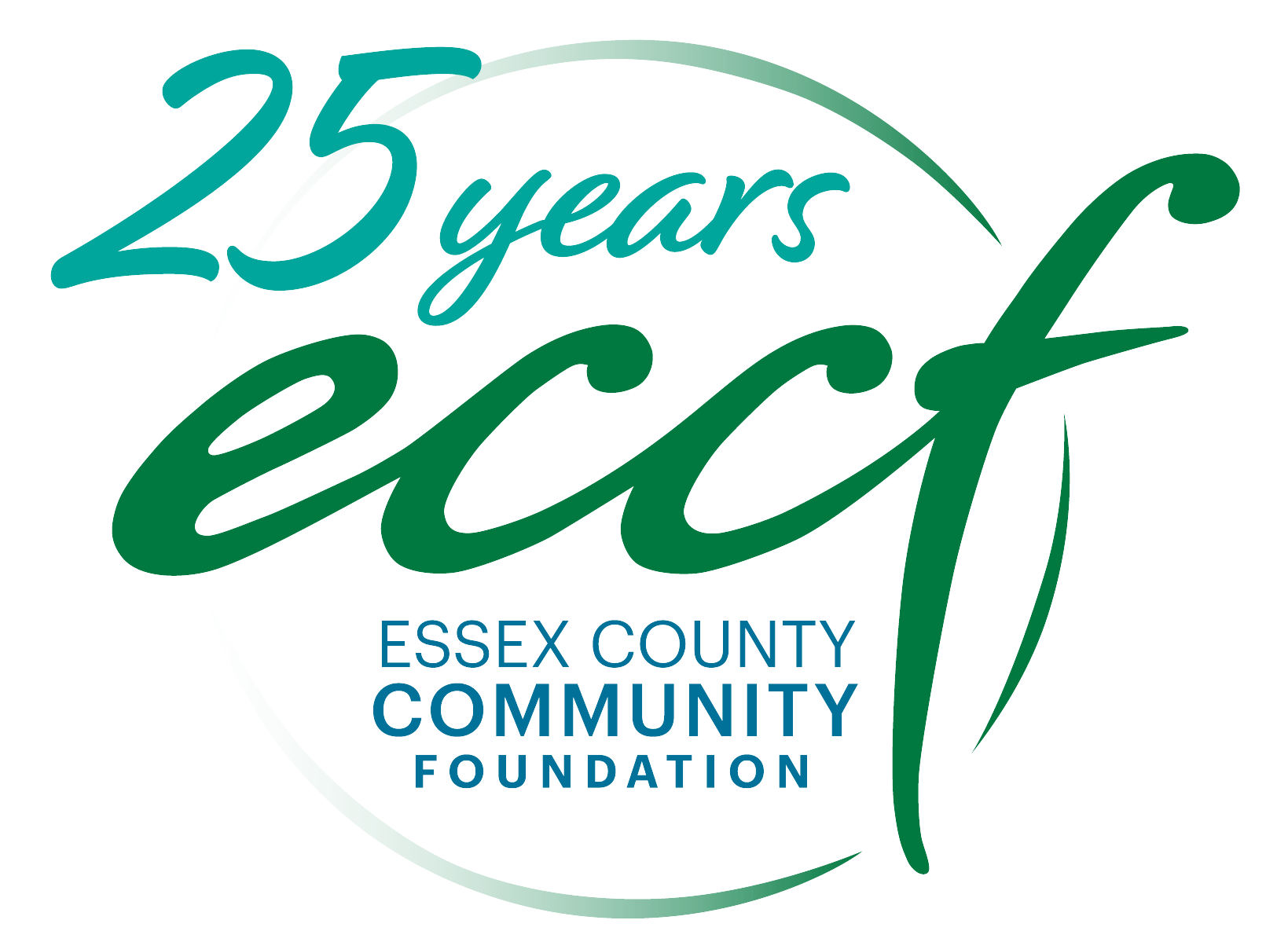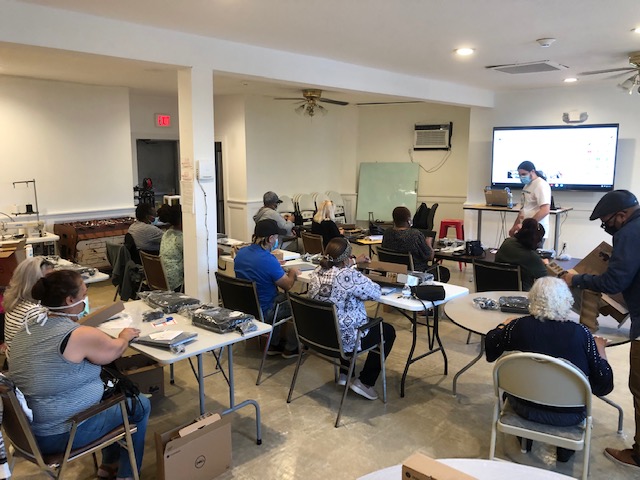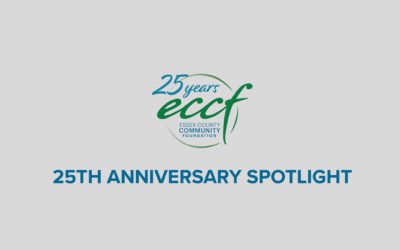By Michelle Xiarhos Curran
ECCF Communications Writer
More than 80 members of a new Digital Equity Coalition working collaboratively to bridge the digital divide in Essex County met on Dec. 9 to learn about some innovative ways to connect more residents to the Internet.
The coalition – made up of local legislators, community organizers, nonprofit and business leaders, educators, residents and more – is a critical piece of ECCF’s plan to Advance Digital Equity in Essex County, where nearly 60,000 residents live without fixed broadband.
“We’re looking for community-sourced solutions,” said Kate Machet, ECCF’s director of strategic initiatives. “And this coalition, made up of passionate community members who all bring something unique and different to the table, is vital to achieving our goal of increasing capacity across the county and accelerating learning by doing it together.”
At the Dec. 9 meeting – the third for this group – coalition members heard from Eliza Straim, manager of strategic partnerships at national nonprofit Education Superhighway, and several key members of the Metropolitan Area Planning Council (MAPC) – two organizations that have played central roles in collaborative initiatives designed to get more people, especially those in underserved communities, online.
K-12 Bridge to Broadband
Straim outlined her organization’s K-12 Bridge to Broadband program, which helps school districts across the country identify students who lack home broadband. The program is built around a data exchange platform that enables states and school districts to partner with Internet Service Providers to identify unconnected student households and optimize their use of federal funding.
“Having this kind of transparent data – in terms of usage, access and quality of bandwidth – is critical to creating systemic solutions,” said Stratton Lloyd, ECCF’s executive vice present and COO.
“We are really excited to offer this program throughout the commonwealth,” said Straim, who added that in Essex County, Peabody and Salem have already participated in K-12 Bridge to Broadband.
MAPC Apartment Wifi
MAPC Senior Economic Planner Josh Eichen, Digital Services Manager Ryan Kelly, and Civic Technologist Tony Schloss outlined their work in the cities of Chelsea, Everett and Revere – through the Mass Broadband Institute Gateway City Wifi Fund – to enable residents of low-income family, senior and disabled housing to access free, high-speed internet. Individual residents in a building do not have to pay for an individual internet subscription because one high-speed connection supports and entire building.
The program eliminates access barriers, helps residents save money and creates infrastructure that can be expanded upon.
Key to the work in the three test sites so far – from evaluating potential sites to post-installation digital literacy training – has been collaborating with Housing Authority administrators, IT directors, facilities managers, community outreach coordinators and others.
According to Education Superhighway, “In America’s most unconnected communities, where 38% of households do not have home broadband, 20-25% of the digital divide is concentrated in multi-dwelling units.”
With 240 Housing Authorities across Massachusetts and 90,000 units of low-income housing for families, seniors and people with disabilities, the potential scope of this work across the state – and right here in Essex County – is big.
“You might be thinking, ‘Why don’t we have these projects in our own Gateway Cities?’” Machet said. “That’s why we invited MAPC here today, so you’ll start thinking about these.”
One of the major facets of the coalition is to engage with others working towards digital equity throughout the region and state, so ideas can be shared and expanded.
In addition to this vital collaborative learning, coalition members broke into small groups to discuss access opportunities in Essex County and additional ways people and organizations can work together to bring ideas to fruition.
“We’re learning together, and as we continue to learn together, we can tailor solutions that work for Essex County,” said Lloyd. “We’re really excited to be playing a role in this critical work to ensure every resident has the opportunity to participate in the digital world.”
For more information about Education Superhighway, visit www.EducationSuperHighway.org.
To learn more about the work of the Metropolitan Area Planning Council, visit www.mapc.org.



